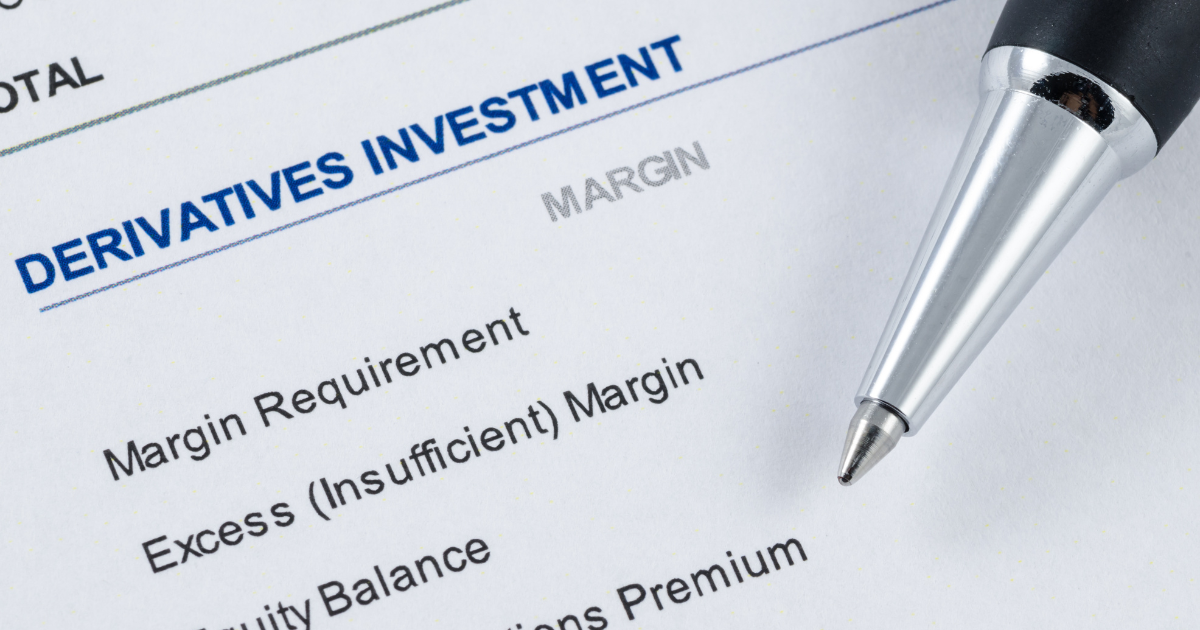ISDA (International Swaps and Derivatives Association) Master Agreement is a legally binding agreement between two parties that outlines the terms and conditions for a derivatives transaction and as such is widely used in the financial services industry. These agreements are complex documents and require careful negotiation to ensure compliance with applicable laws and regulations. As such, the process of executing them can also be time-consuming and costly for both involved parties.
AI-empowered automation ensures accuracy and clarity in the ISDA Agreement’s language, while utilising historical data to recommend suitable clauses. Moreover, it facilitates compliance by instantly cross-referencing agreements against the latest regulatory requirements. In the trade execution phase, advanced algorithms and machine learning enable smooth transaction management, from trade execution to settlement, ensuring proactive risk management.
AI-empowered automation of ISDA Master Agreement
Three essential domains for implementing process automation include agreement review and negotiation, trade execution, and regulatory reporting.
• Document review and negotiation
AI and automation combined can perform real-time regulatory compliance checks when new clauses or terms are added and modified in the agreement. The system can instantly cross-reference them against the latest regulatory requirements. This ensures that the agreement remains in compliance with the applicable financial regulations, including derivatives trading rules and margin regulations. NLP algorithms are deployed to analyse the proposed clauses and terms in the ISDA Agreement. By comprehending the language used in the document, the system can identify potential discrepancies, ambiguous language, or inconsistencies that might lead to legal disputes or misunderstandings. NLP also helps ensure that the terms are clear, unambiguous, and easily understood by all parties. This data-driven approach allows the system to recommend suitable clauses and terms that have been proven effective in similar transactions, empowering negotiators to make well-informed decisions based on past outcomes. This helps parties assess the risk involved before finalising the agreement.

• Trade Execution
Once the terms are agreed, both parties generate a trade confirmation for each individual transaction made under the ISDA Master Agreement. The confirmation includes specific details of the trade, such as the trade date, notional amount, fixed or floating rates, maturity date, and other relevant parameters.
Following the trade confirmation, the ISDA Master Agreement becomes legally binding, and subsequent transactions are executed either bilaterally or through a central clearing counterparty (CCP) for specific derivative types. An AI-powered automated system adeptly manages the entire trade lifecycle, overseeing trade execution, settlement, and maturity. Additionally, the system conducts periodic portfolio reconciliations, aligning both parties’ trade positions, performing cross-checks on details, and expertly resolving discrepancies. Employing sophisticated AI-driven trade valuation and mark-to-market assessments, the system adeptly determines the current market value, anticipates potential gains or losses, and analyses counterparties’ exposure. With seamless integration, it orchestrates payments based on the agreed terms, offering flexibility in regular fixed or floating payments and intelligently streamlining the settlement process through netting where appropriate. Ultimately, the ISDA Agreement culminates upon reaching its specified termination or maturity date, and the AI-powered system proficiently executes the termination or final settlement in accordance with the pre-agreed terms, ensuring a robust and technologically enhanced agreement experience.
• Regulatory Reporting
Financial institutions operating in multiple jurisdictions must comply with regulatory mandates, necessitating the reporting of derivatives transactions to relevant authorities. Accurate documentation and reporting are vital for ensuring compliance with these regulations. Automation and AI technologies offer significant enhancements to tasks involved in derivatives transaction reporting. Initially, vast amounts of data from trade platforms, counterparties, and internal systems need to be collected and aggregated. AI-driven automated systems effectively manage this process, ensuring comprehensive coverage and reducing data entry errors. Additionally, automation streamlines the classification of derivatives transactions and their alignment with the appropriate regulatory rules for reporting. The reporting process itself benefits from automation, ensuring accurate submission of required information to regulatory authorities. AI algorithms perform data validation checks, mitigating the risk of regulatory penalties due to reporting errors. Furthermore, AI systems are trained to identify anomalies or discrepancies in reported data, triggering compliance alerts for timely investigation and rectification.
AI-empowered automation offers substantial benefits to the negotiation and execution of ISDA Master Agreements in the financial services industry. Embracing automation and AI technologies empowers financial institutions to streamline processes, reduce costs, and enhance accuracy, enabling them to focus on strategic decision-making and risk mitigation effectively. Ultimately, AI-driven automation paves the way for efficient and compliant ISDA Master Agreements, propelling the financial industry towards greater operational excellence.
